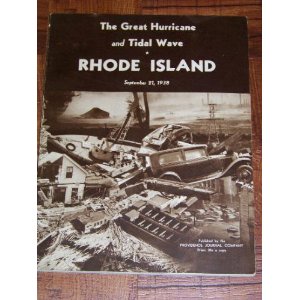TL; DR: Ask, so ye shall receive: Take this survey!
About a month ago my students released Holly Days, an album of original songs. It was the second studio album my private voice studio released in 2020 — here’s a link to the first one, “Six Feet From Stardom.” Heck yes I’ll take that victory lap! Most voice studios do recitals, not album releases. pats self on back
Each album was an intense three month project. It involved a thousand little decisions along the way, asking myself (and my students) questions like: This workshop presenter or that one? A chorus here, or a double chorus there? What kind of guitar to use in the demo track? Are these lyrics memorable? Are they singable? Record harmony for the ending or the beginning? Record safely at your house or mine? Release online or as a physical CD? Copyright or no? Charge per track or per album? Make a music video to go with it? Where to film that video? Who’s going to be in it? Premiere on Facebook or Insta?
Each question and answer got us a little closer to a satisfying finished product. The students had control over a lot of the project, even though I was the one doing the coaching, arranging, playing and producing. The questions and decisions kept us all in close communication.
Here’s a question for you: Did you know it takes at least seven “contact mentions” before most of us are cognizant of an event or product? You have to see the widget in an ad, hear your friend mention the widget, glance at the widget display in the store, watch the informercial about the widget at 2am, throw away the junk mail about the widget, and then see an influencer use the widget in her Instagram story. Suddenly you think, “Wow, new widget!” It may take several (hundred?) more contacts before you actually commit to a purchase.
Promotion is important, whether it’s a personal project or a huge public event, and it has its own decision process. My students promoted their songs on social media (I shared the “Seven” rule with them) and to their individual networks, and the results were satisfactory. I decided to send free copies of the album to several members of the press and in online groups. I was grateful that one of them bothered to follow up — this year especially, in a busy time of year. It’s a journalist whose work I admire.
Our phone interview was rushed, and the questions were more like monologues that barely gave me space to answer. It reminded me of the run-on non-questions that reporters ask presidential candidates in those interminable “town hall” meetings. “Candidate X, our nation’s financial health is a source of concern for many, as the Congressional Budget Office has indicated we will be running bazillion-dollar deficits for the next three generations, and Candidate Y thinks more or fewer windmills could be part of the solution or the problem if only the other political party would vote for and/or block them in a congressional bill that has yet to be written, as John F. Kennedy once said to Mahatma Ghandi . . .”
When reporters ask questions that way, I wanna go all Calvin Coolidge on them and just give one-word answers: Yes. No. Perhaps. But that doesn’t help me, the journalist, or the interview.
I did what I could to cram in some good quotes but felt lousy about it as soon as we hung up. The published article didn’t even include information on how to find the album (so what was the point?). There’s no bad press, but there’s forgettable press, which is why I’m not including a link here.
The moral of the story is: Don’t half-ass your asks.
It’s amazing what people tell you when you ask the right questions, and listen to the response. It’s frustrating to field questions that barely give you time to answer, and make you feel like you haven’t been heard (Although it can lead to some pretty great songs).
I work very hard to ask each client (and prospective client) the right questions when we meet, and to listen carefully to the answers. Asking “What do you want to learn in voice lessons?” is important, but I get more revealing answers when I ask, “What is your least favorite memory of your singing and why?” Careful questions and detailed answers help me help you.
So I have some questions to ask you, right now. Tell me the best and worst things about your musical 2020. And tell me the one thing that you think will keep you from having a satisfying, musical 2021. Take the musical survey here. They’re good questions and I know you’re going to give great answers. You can complete it for yourself, or share it with others — no strings. Finished surveys get you a free online music planning session with me this month!



















